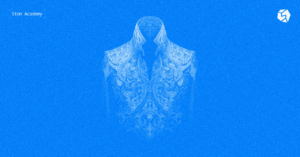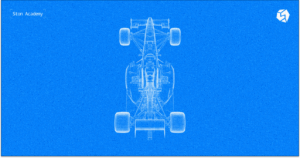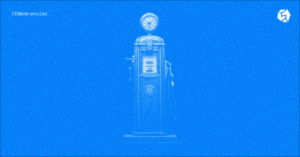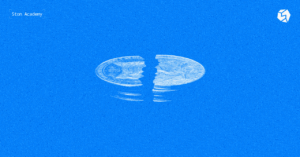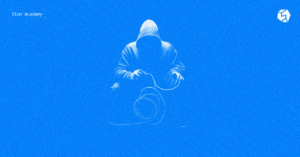The blockchain is a fully-digital system that has no link to the real world. The smart contracts that networks run on have no access to off-chain data, meaning that the blockchain’s application becomes limited to online events. However, the introduction of oracles changes that by creating a link to the outside world.
Blockchain oracles are services provided by third parties that feed information about events outside the blockchain to smart contracts. By providing verified off-chain information about real-world events, oracles act as bridges that make blockchain applications in the outside world possible.
There are currently three main types of blockchain oracles operating on various blockchains, separated by their qualities and functions:
- Source oracles determine the origin of the data, whether it is digital or real-world;
- Information direction oracles provide confirmation of whether the data is outbound or inbound;
- Trust oracles confirm whether the data is decentralized or centralized.
The oracles themselves do not create any data and are not sources thereof. Instead, they are intermediary, bridging layers that allow smart contracts related to real-world events to function based on verified information.
Oracles provide many types of information and are applicable in various scenarios, such as:
- Price information on assets in the real world;
- Confirmation of various events;
- Verification of external data.
Oracles are often independent individuals who offer their services for a small commission on the related transaction. Some applications provide oracle services, acting as intermediary parties employing independent individuals.
Many types of blockchain applications rely on oracles to operate. Among them are betting platforms, Internet-of-Things applications, escrow services, rental companies, real estate sales agencies, and many others.
